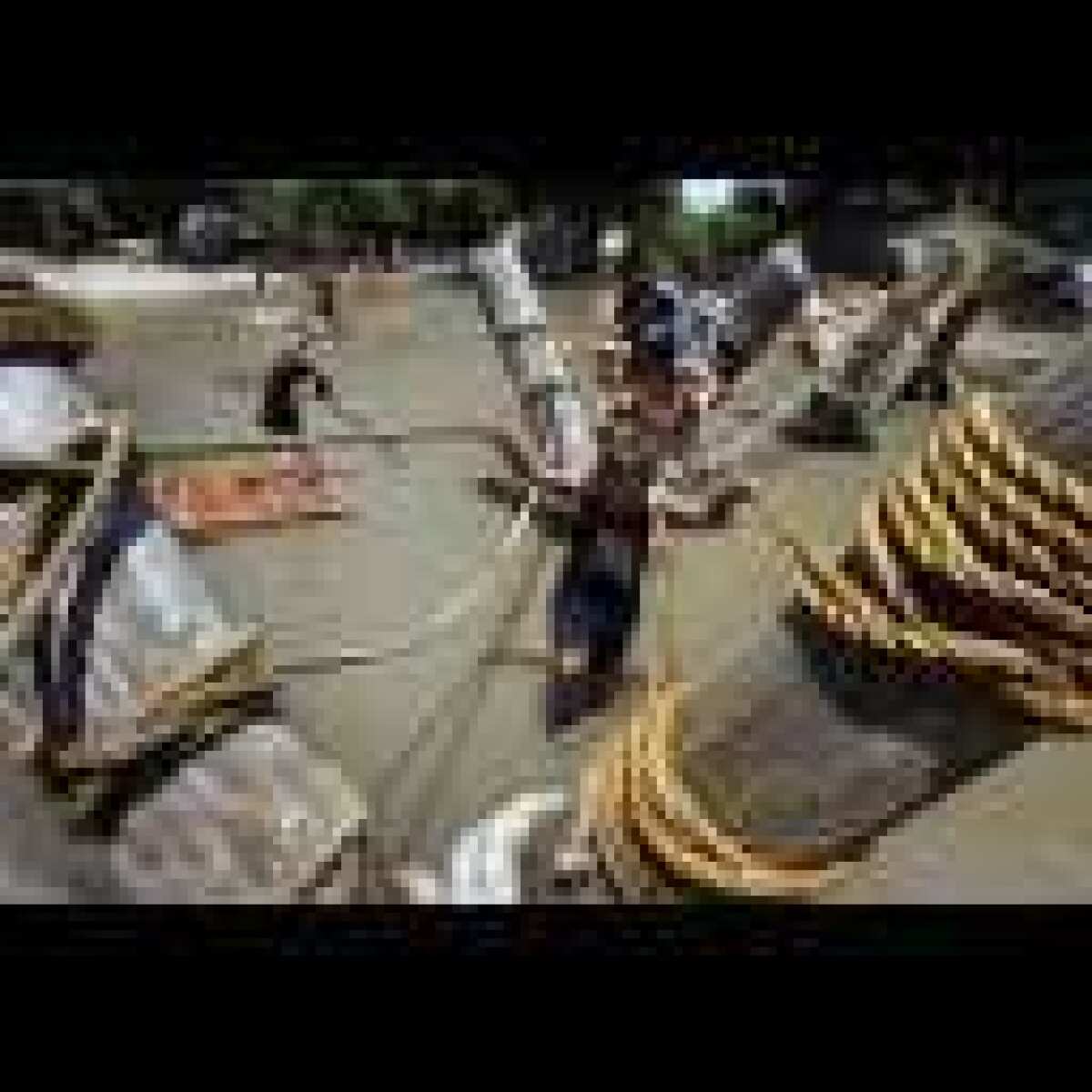Better vision another benefit from playing outdoors

Children who play more outdoors are smarter, leaner and stronger than kids more inclined toward indoor activities, and a new study finds they have another advantage: They’re less likely to suffer from nearsightedness, in which objects in the distance appear blurry.
The study, presented Monday at the American Academy of Ophthamology’s yearly meeting, culled the findings of eight studies that explored the relationship between outdoor time and myopia in more than 10,000 children. The researchers, led by Dr. Anthony Khawaja of the University of Cambridge, found that for every extra hour per week a child spent in outdoor activity, his or her likelihood of suffering from nearsightedness declined 2%. Compared with kids with normal eyesight or who were farsighted (meaning they had trouble focusing on things close up), children with nearsightedness spent an average of 3.7 fewer hours per week outside.
Khawaja underscored that it’s not clear why outdoor activity would improve distance eyesight: It could be the greater exposure to long-distance views, the effect of spending less time at close-up activities such as reading, Web-surfing or video-gaming, the physical activity that might come with outdoor play or the greater exposure to natural ultraviolet light. If physicians are going to recommend that kids get more outdoor time as a low-cost way to drive down myopia rates, said Khawaja, they’d better learn first what it is about being outdoors that helps.
In some parts of Asia, rates of myopia among children have jumped by 80%, and in the United States, kids today spend much less time outdoors -- kicking cans, playing Capture the Flag, jumping rope and building forts -- than they used to. If the trend continues, some experts say, we’ll have a generation of overweight, myopic kids unable to engage themselves in imaginary play and lacking in wonder.
More outdoor play and less close-up work may reduce rates of nearsightedness and may even reverse some nearsightedness -- Khawaja cited one Chinese study showing that myopic kids ordered outdoors for extra hours weekly were on average less nearsighted after two years.
But indoor activity is not bad for everyone’s eyes: One recent study found that for “lazy eye,” also known as amblyopia, playing video games brought improvement even for adults, whose amblyopia was thought to be more resistant to treatment.




